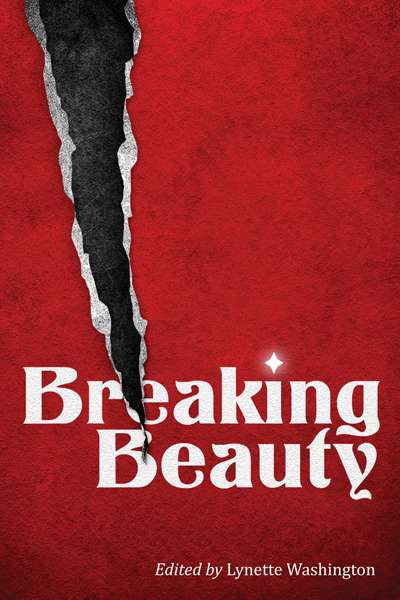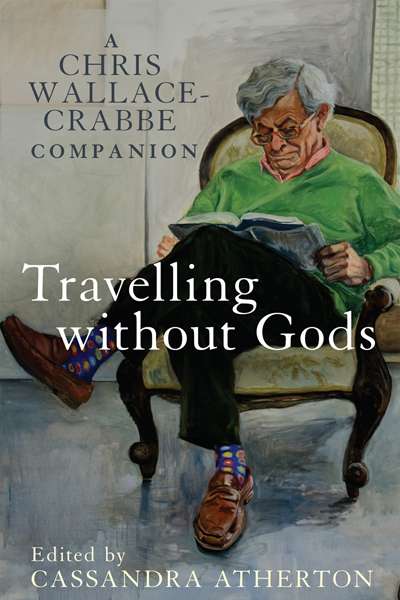Cassandra Atherton
Jennifer Maiden's The Fox Petition: New Poems (Giramondo) conjures foxes 'whose eyes were ghosts with pity' and foxes of language that transform the world's headlines
... (read more)Cassandra Atherton reviews 'The Hazards' by Sarah Holland-Batt, 'Conversations I've Never Had' by Caitlin Maling, 'Here Be Dragons' by Dennis Greene, and 'The Guardians' by Lucy Dougan
Contemporary Australian poetry has a complex and ever-evolving relationship with the land, both at home and abroad. Almost twenty-five years post-Mabo and entrenched in ongoing ecological crises, Australian poets explore new ways of experiencing and defining place. Where misguided nationalism sought to limit Australian poe ...
Books of the Year is always one our most popular features. Find out what our 41 contributors liked most this year – and why.
... (read more)Axon: Creative Explorations, Vol. 4, No. 1 edited by Lucy Dougan et al.
Travelling Without Gods edited by Cassandra Atherton & My Feet Are Hungry by Chris Wallace-Crabbe
Westerly, vol. 59, no. 1 edited by Delys Bird et al.
Ben Ball was born in Melbourne in 1970. He grew up in London, New York, and Sydney, and went to school in all of these places. He completed an Arts/Law degree, in Australia, ‘more or less entirely to create the pleasing symmetry B. Ball, BA, LLB’. In the United Kingdom he undertook an M.Phil in Contemporary English Literature. Ball worked in London in publishing for more than a decade, with Bloomsbury, Granta, and Simon & Schuster. He returned to Australia when he began working for Penguin in January 2006. In 2011 he became Penguin’s Publishing Director.
... (read more)



